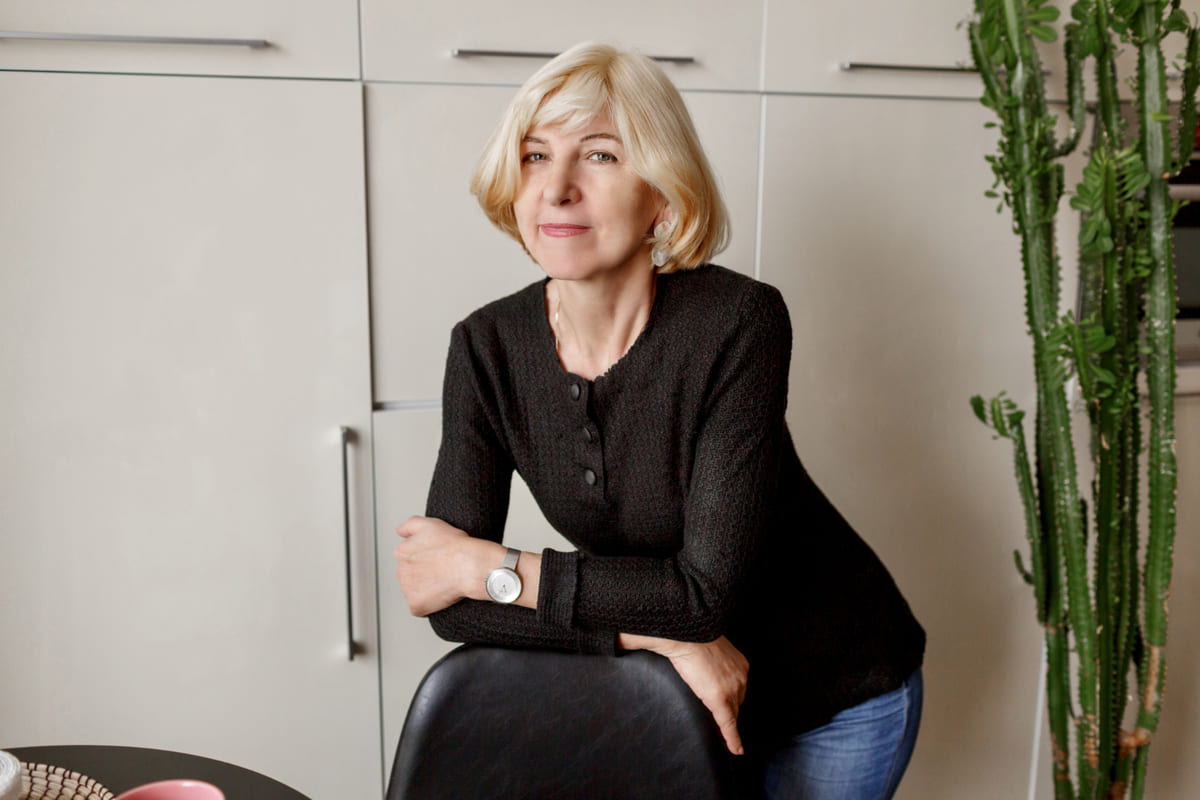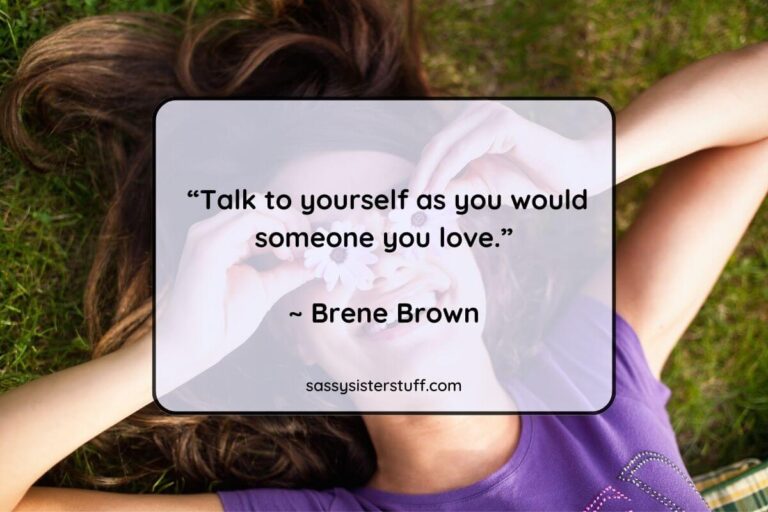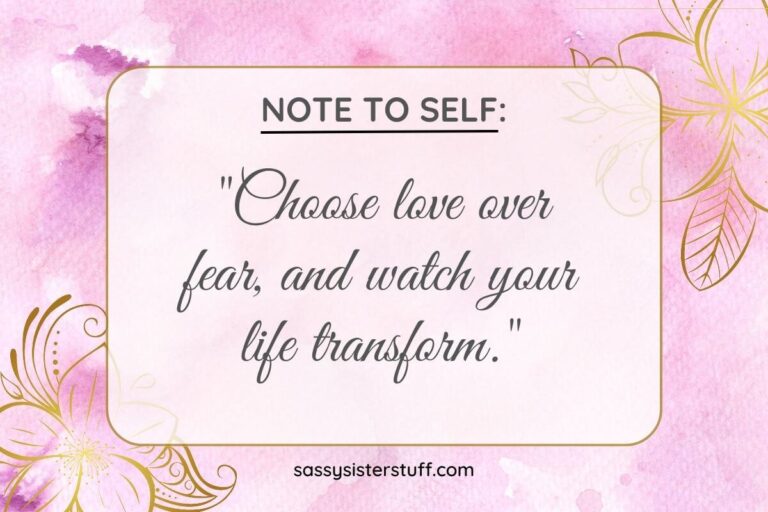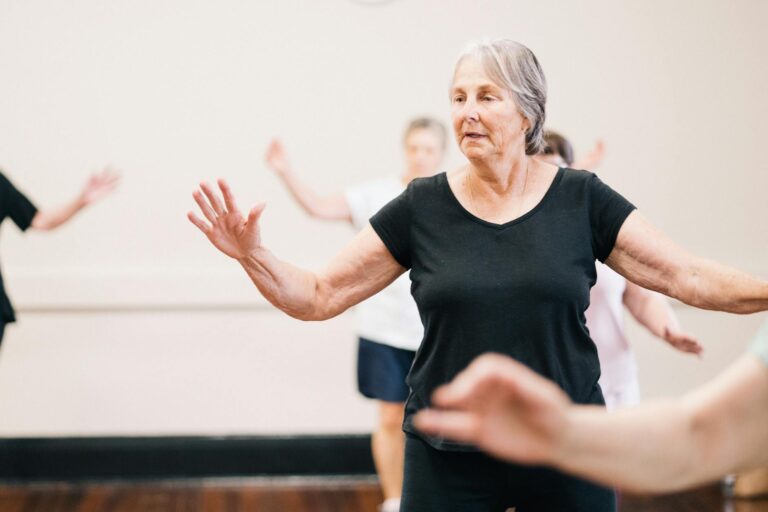10 Things You’re Doing Right That Younger Women Don’t Understand
You’ve probably noticed that some things you do come naturally, even if younger women around you don’t quite get why. There’s a certain wisdom and experience that shapes the way you handle life, relationships, and challenges without making a big deal about it.
This article sheds light on 10 things you’re doing right that younger women might not fully understand yet, helping you recognize the value in your approach. It’s not about being better or older, but about different perspectives and life lessons that shape how you navigate the world.
Prioritizing financial independence early on

You’ve probably realized that getting your money habits right early makes a big difference. When you focus on financial independence from the start, you avoid relying on others and have more control over your future.
It means budgeting, saving, and planning for emergencies. Even small steps count, like opening a savings account or automating your bills.
Younger women often overlook these basics or delay them. But by making money management a priority now, you set yourself up for confidence and flexibility later. For more tips on building this mindset, see ideas about building financial independence.
Choosing quality friendships over quantity

You’ve likely learned that having a few close friends matters more than knowing a lot of people. Quality friendships bring real support and understanding, which is often missing in larger social circles.
Younger women might focus on growing their network, but you recognize that deep connections last longer and feel more genuine. Being selective with friendships means you spend time with people who truly match your values.
This doesn’t mean fewer friends, just better ones. You know that meaningful relationships contribute to your well-being and happiness in ways that casual acquaintances can’t. For more on why quality counts, you can check out this discussion on quality friendships.
Taking time to truly understand yourself

You don’t have to have all the answers right away. Understanding what you like, what drains you, and what feels right takes time. It’s okay to explore different interests and take detours.
When you take moments for self-reflection, you learn to set boundaries that protect your energy. Knowing yourself helps you avoid situations that don’t align with your values.
You also start realizing your worth isn’t something you owe anyone an explanation for. Learning this early can save a lot of stress and confusion along the way. Getting to know yourself is a journey, not a destination.
Getting to Know Yourself, What You Like, and What You Want in Life covers this well.
Embracing failure as a learning tool

You probably already know that failure isn’t the end of the road. Instead, it’s a chance to figure out what didn’t work and improve next time. Younger women often don’t see failure this way—they might avoid risks to dodge mistakes.
When you embrace failure, you give yourself permission to take chances. Every setback becomes a lesson, helping you grow stronger and smarter. It’s not just about failing—it’s about reflecting on why things went wrong and planning your next move.
This mindset opens up new opportunities. Learning from failure is how you get better at your craft or career, and it’s something younger women often have yet to fully appreciate. Embracing failure is part of becoming more resilient and confident in yourself.
For more insight on this, check out how failure can be a valuable learning tool.
Setting boundaries without guilt
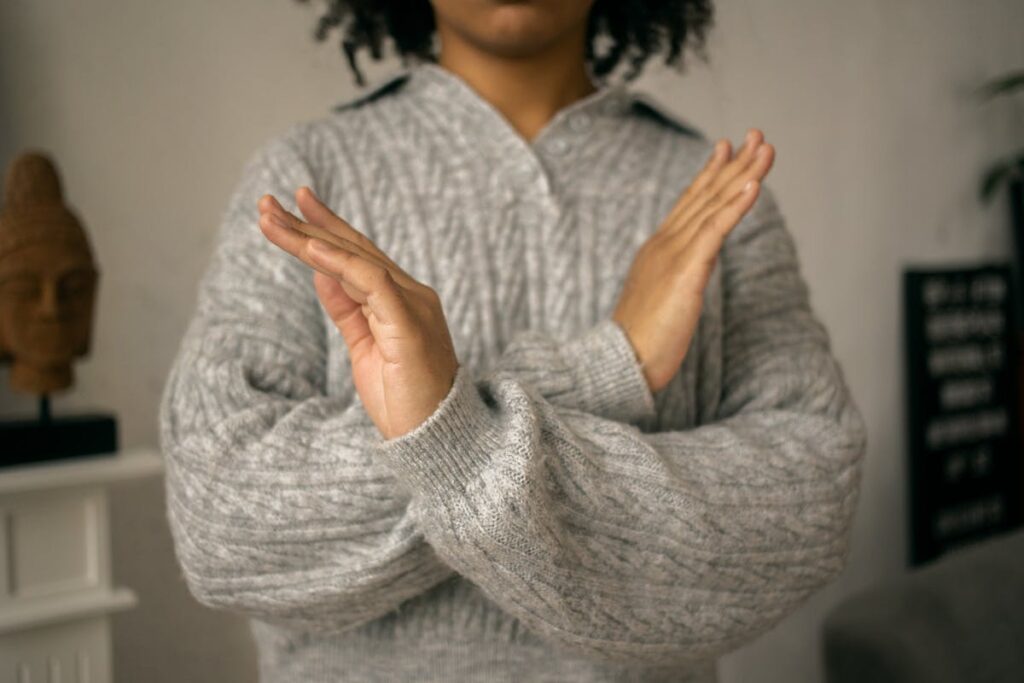
You’ve learned that saying no doesn’t make you a bad person. It’s a way to protect your time and energy. Younger women often struggle with this because they feel pressure to please everyone.
When you set clear boundaries, you separate your feelings and needs from others’. This helps build healthier relationships. It’s okay to be firm without feeling guilty.
Practice makes it easier. The more you say no respectfully, the more natural it feels. Remember, your comfort matters just as much as anyone else’s. For tips on setting boundaries without guilt, check out this guide on healthy boundaries.
Investing in long-term health habits
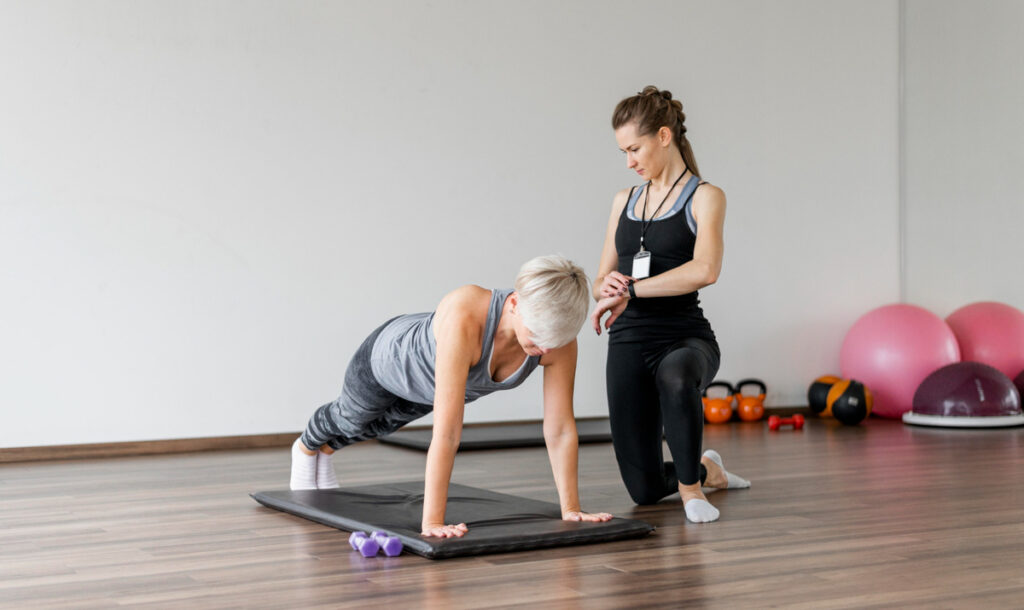
You’re probably already doing things younger women often overlook, like staying consistent with exercise and good nutrition. These habits might seem small now, but they build up over time and pay off big later.
Sticking to a routine means less effort to maintain strength and energy as you age. You understand that recovery and prevention are easier than fixing problems once they start.
Planning your meals, limiting alcohol, and staying active daily are all moves that protect your future self. If you want to see why these habits matter, check out this guide on healthy habits for lifelong health.
Being patient with personal growth

You might feel pressure to have everything figured out quickly, but personal growth takes time. It’s not a race, and rushing can lead to frustration.
You’ll learn more by allowing yourself to grow at your own pace. Mistakes and setbacks are part of the process, not signs you’re failing.
When you’re patient, you give yourself room to understand your strengths and weaknesses better. This helps you make decisions that truly fit who you are.
Remember, the most meaningful progress happens gradually. Being patient now will save you stress and help you build a stronger foundation for the future.
For more thoughts on this, see advice for younger women on Quora.
Valuing experiences more than possessions

You probably see the value in spending on experiences instead of things. Trips, dinners, or events create memories that stick with you longer than any gadget or outfit ever will.
Younger women often focus on owning the latest stuff, but you know, experiences shape who you are more deeply. Sharing moments with friends or family adds meaning that stuff just can’t match.
Studies show most people your age prefer experiences, which makes sense since these moments build your story. You get that life is richer when it’s lived, not just bought, and that’s something younger women don’t always get yet.
Learn more about why people choose experiences over possessions at this discussion on valuing experiences over owning things.
Mastering the art of saying no

You know when to say no without feeling guilty. It’s not about being rude; it’s about protecting your time and energy. Saying no lets you focus on what really matters to you.
You’ve learned to say no with honesty and respect, which keeps your relationships healthy. This skill helps you avoid burnout and unnecessary stress.
By saying no to things that don’t serve you, you create space for opportunities that do. It’s a simple way to stay in control of your life and priorities.
Learning this is part of why you handle challenges with calm and clarity. You’ve mastered a skill many younger women are still figuring out.
For tips on saying no gracefully, check this article on mastering the art of saying no.
Appreciating quiet moments of reflection

You’ve learned that downtime isn’t wasted time. Taking quiet moments to reflect helps you process experiences and gain clarity.
Younger women often rush from one thing to the next, missing the chance to pause. When you slow down, you give yourself space to think without distractions.
These moments can boost your mental well-being and help you make better decisions. You don’t need noise or constant action to feel productive—sometimes being still is exactly what you need.
Related: 15 Clever Hacks To Reduce That Never-Ending Grocery Bill

Managing grocery expenses can be challenging for many households, especially with rising food costs and fluctuating budgets.
However, with some creativity and resourcefulness, you can implement numerous clever hacks to reduce your never-ending grocery bill without sacrificing the quality or variety of your meals.

